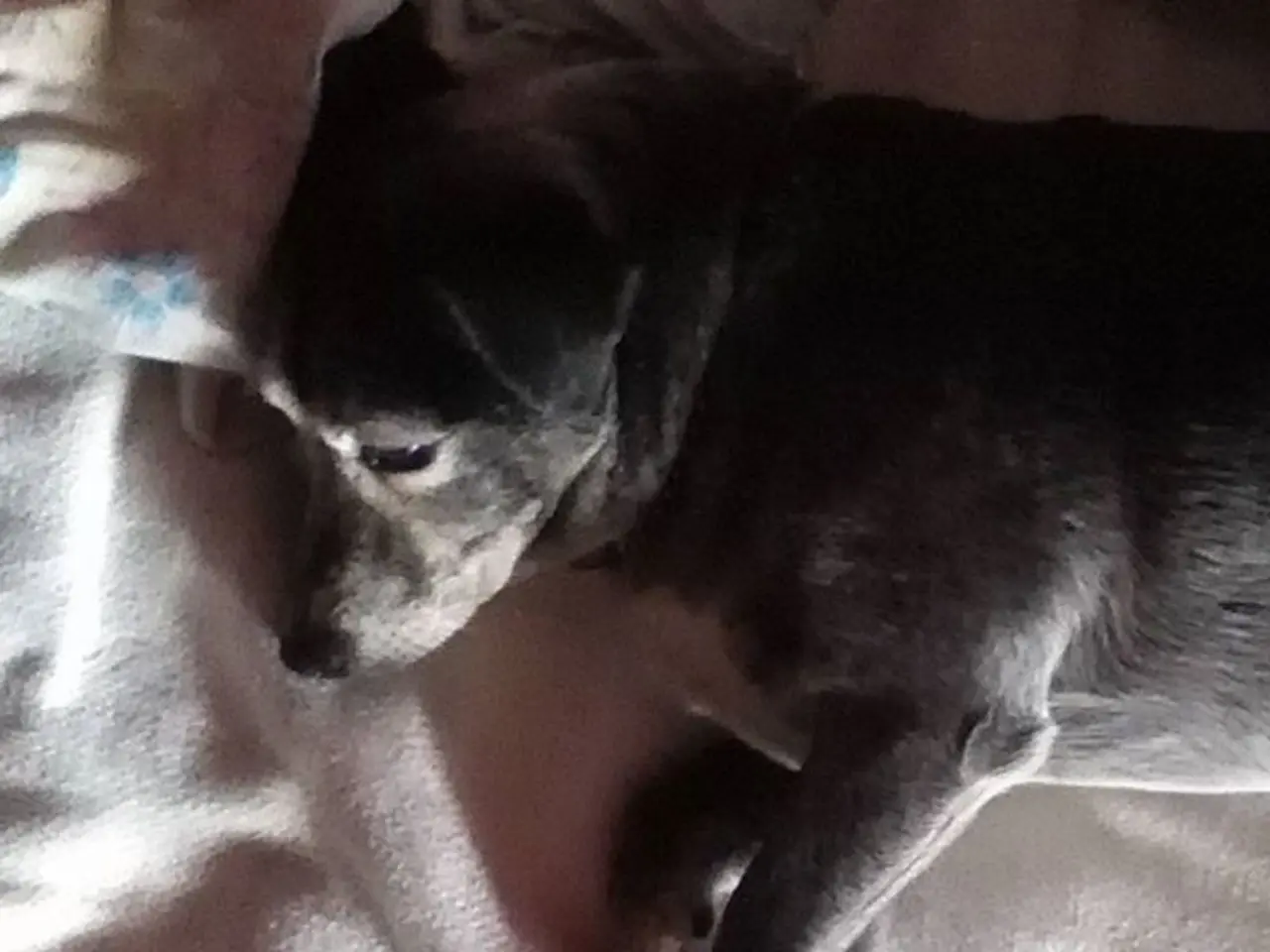Dog Snoring: A Common Occurrence Explored
Snoring in brachycephalic breeds, such as Pugs and French Bulldogs, is a common issue that stems from their unique facial structure. This structure leads to airway obstruction and noisy breathing, which can be a cause for concern for pet owners.
Anatomical Causes
The primary causes of snoring in these breeds are several structural abnormalities. These include:
- Stenotic nares: Narrowed nostrils reduce airflow into the nasal passages.
- Elongated soft palate: Excess tissue blocks the throat area, partially obstructing the airway.
- Everted laryngeal saccules: Inflamed or displaced tissue inside the larynx can obstruct breathing.
- Hypoplastic trachea: A congenitally narrow windpipe reduces airflow further.
These anatomical issues are genetically bred into these short-nosed breeds, leading to characteristic labored breathing and snoring sounds. The severity of these symptoms can worsen with age, during exercise, or in warm weather.
Additional Factors
Other contributing factors that can exacerbate snoring in these breeds include:
- Obesity: Fat deposits especially around the neck and throat further narrow the airways.
- Airway swelling or inflammation: Secondary effects of chronic airway irritation can exacerbate obstruction.
- Brachycephalic airway syndrome (BOAS): A progressive condition where these anatomical features lead to increasing airway compromise, potentially causing symptoms like gagging, choking, restless sleep, and exercise intolerance.
Implications and Solutions
Snoring in these breeds is usually not a benign trait but a sign of airway restriction that can impact their quality of life. In some cases, veterinary assessment and surgical correction may be necessary to improve airflow and comfort. Preventive measures include maintaining a healthy weight, avoiding heat stress and overexertion, and responsible breeding to moderate facial structure exaggeration.
If a dog is snoring only occasionally or at specific times of the year, a vet visit is not necessary until the next routine check-up, unless there is a noticeable deterioration. However, if a dog suddenly starts snoring unrelated to a specific sleeping position, a check-up should be scheduled within a week.
Signs requiring an urgent veterinary appointment include fast breathing, struggling to breathe, blue-tinged lips or tongue, snoring accompanied by coughing or collapse.
Common Misconceptions
A study showed that 58% of pet parents of dogs with breathing problems like snoring thought their dogs were normal. It's essential to remember that snoring in dogs is often a sign of an underlying problem.
Other Conditions
Respiratory diseases, such as kennel cough, can inflame the throat and cause snoring. Dog sleep apnea is a condition where normal breathing stops during sleep, and affected animals will stop breathing for several seconds and then suddenly wake, often with a snort. However, sleep apnea in dogs is rare.
Conclusion
In conclusion, understanding the causes of snoring in brachycephalic breeds is crucial for pet owners. Regular check-ups, maintaining a healthy weight, and responsible breeding practices can help manage this issue and ensure the well-being of these beloved pets. If you have any concerns about your dog's snoring, it's always best to consult with a veterinarian.
- The unique facial structure of brachycephalic breeds, such as Pugs and French Bulldogs, can lead to health issues related to sleep, including snoring. This noisy breathing can be indicative of airway obstruction, which stems from various anatomical causes like elongated soft palate and stenotic nares.
- Regular visits to the veterinarian, maintaining a healthy weight, and avoidance of airway irritants can help manage snoring in these breeds, which is often a sign of an underlying health issue in the field of health-and-wellness, affecting the quality of life of the dog.





